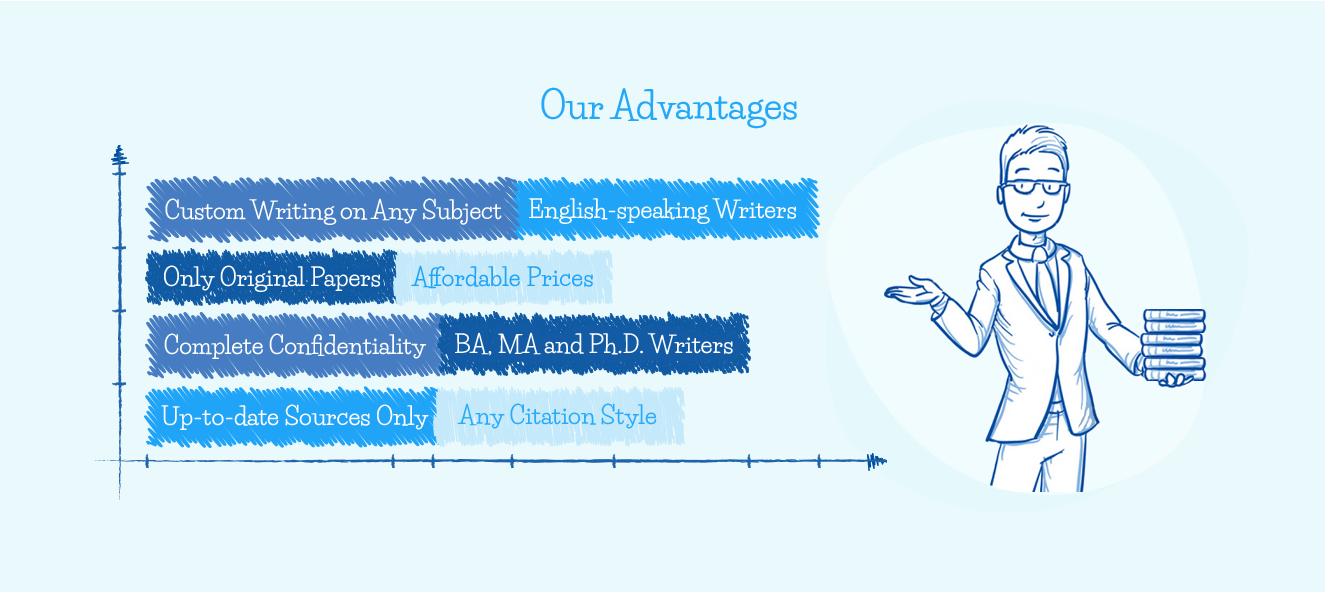Undercover Investigations
Lies and deception are a part of people’s everyday lives. Lies exist in an inexhaustible number of ways and touch everyone involving the young and the old, professionals and unprofessional workers and more so the law practitioners and the common citizens. Depending on who and what their occupations are, people, lie because of their situations, their interests, to impress other individuals, while some, like lawyers, lie as this is their professional requirement. Deception is known for its harmful effects not only on the liars themselves but also on the people to whom they lie. However, lying may not always be bad as it is of help in various ways. Deception, as described by researchers, is false communication aimed at benefiting the communicators by getting them to acquire or get what they needed. In most cases, it is used lawfully by the law enforcers to get confessions and information from the suspects. For example, there are major lies and deceit employed in undercover investigations which are common in law enforcement practices. The paper intends to analyze this technique and give reasons why the corresponding agencies should continue to use it based on its effects and performance.
Undercover operations, by their nature, are deeply rooted in lies and deceptions, as they involve connecting and gaining trust between two parties one of which has a hidden agenda and a reason for being in the connection with the other (Sutherland, 2012). In most cases, this is done to acquire all the possible information and plans from the opposite party with an ulterior motive without being identified. The technique is widely used in the world today and is one of the major deception techniques which often results in success. It is applied between friends, companies, and commonly in the law enforcement area in the process of gaining as much information as possible. This technique is highly reliable because it tends to give first-hand information and, what is more, the provided information is valid as it includes exact details obtained through the personal involvement of the interested party (Sutherland, 2012). As the undercover individuals interview the people being investigated, there is complete trust, and, therefore, the suspects always give the right information as they consider the investigator to be one of theirs, not an enemy.
Around the globe, without the use of undercover operations and investigations, many of law enforcement’s biggest achievements in fighting the existing problems in organized crimes, drug-related transactions, and corruption in governments would not have succeeded. The technique is highly dependent on the people directly involved in the process since it requires high acting skills and thorough preparation and organization as agents risk being revealed if proper precautions are not taken (Vrij, 2008). In the police investigating departments, special training is provided to the officers required to participate in undercover operations to acquire information from the concerned suspects in specific crimes. Here, these people are given the details and a completely fake profile they will be using during their missions to ensure that they are up to standard all through the process. They are supposed to study the specific culture and attributes they have to possess to stay comfortable while in the field. Normally, investigative operations conducted using this technique require much time as the undercover agent is supposed to gather as much information and proof concerning the subject as possible (Sutherland, 2012). However, if the undercover investigator gets nothing concrete or promising at the initial stage of the operation, it may be stopped to avoid wastage of resources on a lead that may be useless.
The use of undercover operations as a deception technique has been known for a long time. The right of the US law enforcement agencies to use and practice undercover operations was introduced by the United States Supreme Court in 1996 (Bull, Valentine, & Williamson, 2009). Since its introduction, the positive results provided compared to the few negativities of the technique have enabled the tactic to spread all over the world making it widely used nowadays by most countries in fighting against the law offenders involved in various cases. Despite the existing limitations and criticisms of deceit in the form of undercover investigations, the method has been found useful in many situations because of the ability to confront both the prosecutors as well as the defense counsels in many countries (Sutherland, 2012). This is because the interactions between the police and the suspects cooperating with them help uncover the past crimes that they might have committed and also the future crimes planned by them, thereby giving the prosecutors concrete information to rely on and stop the planned offenses in the society.
Undercover operations as a deceit technique should be maintained and continue to be used, especially by the police and the law enforcers, since it is almost impossible to solve most crimes, for example, related to drugs, without the use of the discussed method (Bull et al., 2009). All over the world, researches conducted among police officers and other law practitioners show that deceit in investigations is highly effective, because most criminal activities are always concealed, and planned with a lot of care that would make it almost impossible for the police to know what exactly is happening, are uncovered. By their nature, crimes are usually covert as the involved people understand all the risks if detected including not only arrest and prosecution but also the social condemnation by the people belonging to the societies with which the offenders are associated and from all over the world as well (Vrij, 2008). It is also important and relevant for the law enforcement agencies to continue using this technique of deception as it helps avoid the insecurities threatening the witnesses, especially those testifying in different big cases, like drug-related crimes. More so, due to the fear, these witnesses tend to give false information to the police omitting many details of the case that may help to find and convict the suspects being afraid that the latter will find and harm them (Bull et al., 2009).
How it works
Step 1
Visit our website and go to the order formStep 2
Fill in specific essay details in your order description sectionStep 3
Pay for your custom essay and get your order verifiedStep 4
Process of writing your academic assignmentStep 5
Editing and anti-plagiarism checkStep 6
On-time delivery of an already written essayConclusion
Lies and deception among human beings have been a common thing that has always been used by people of all ages and, supposedly, even in the coming future, they will still be giving false information. Due to specific reasons, individuals are forced to lie, sometimes to get them out of trouble or to gain something they could not have gotten if they told the truth. Deception specifically involves the lies that people include in the information they give to acquire what they want from other parties, which may require the provided information or actual objects. Fraud in investigations is highly used all over the world, as people often play undercover to get the information they need. Law enforcement agencies have made use of this technique for ages, and as shown in the paper, the tactic has been successful in various investigations on different cases including drug-related and organized crimes and prostitution. There is, therefore, enough proof of the importance of the usage of this deception technique giving reasons for continuing to use the trick.

















